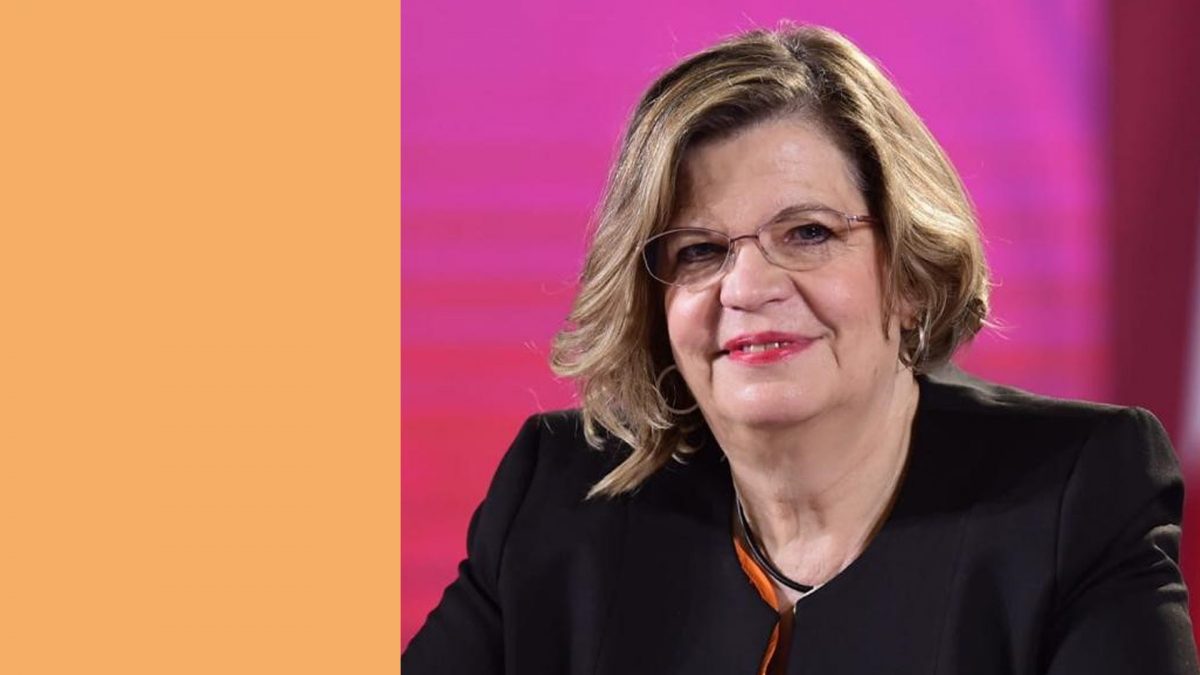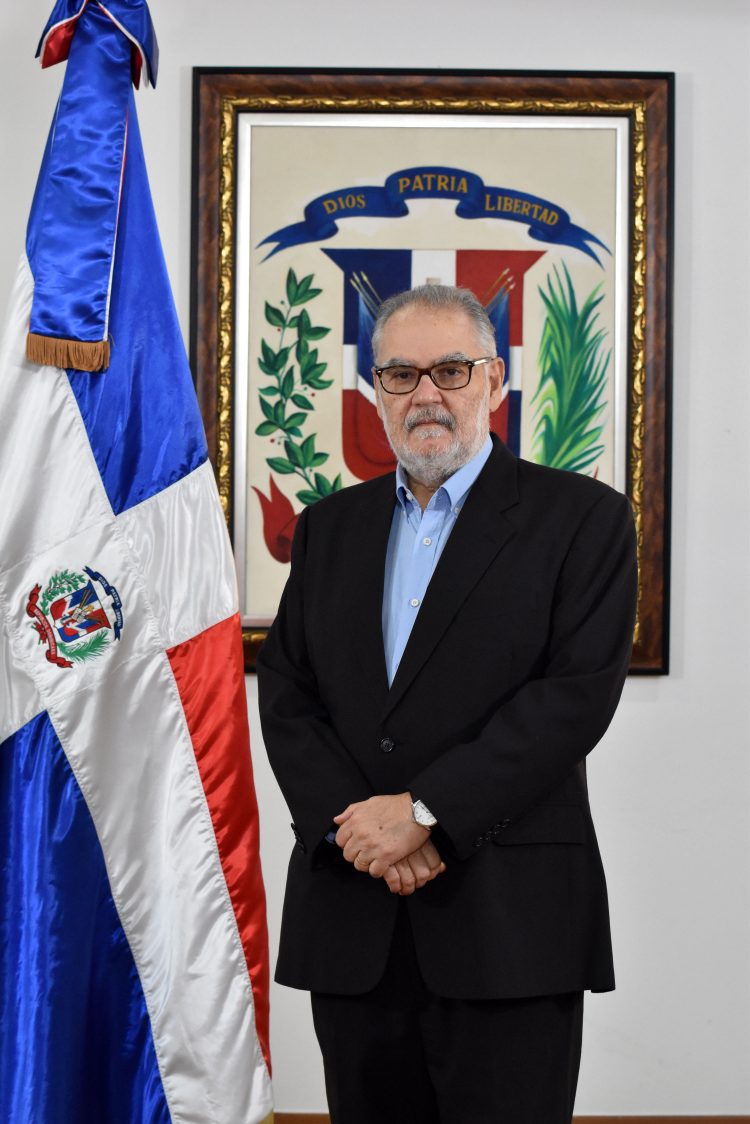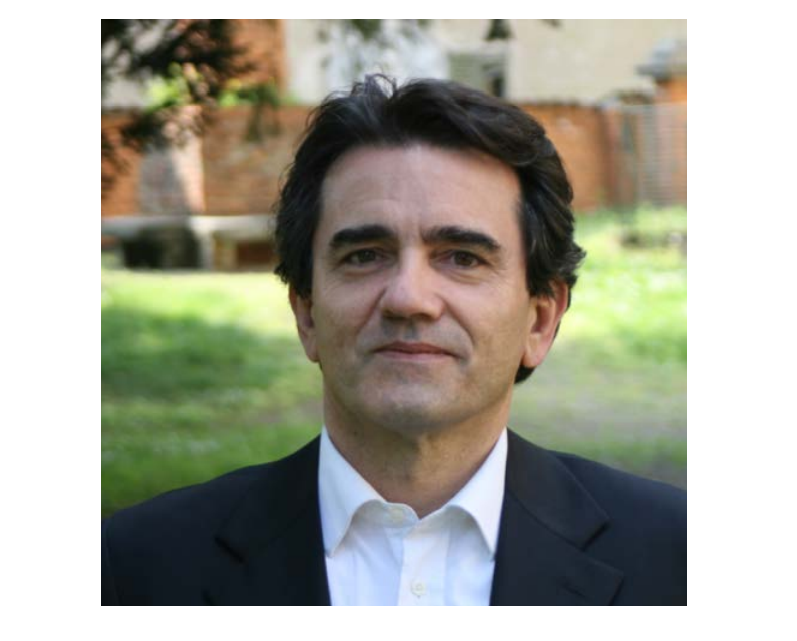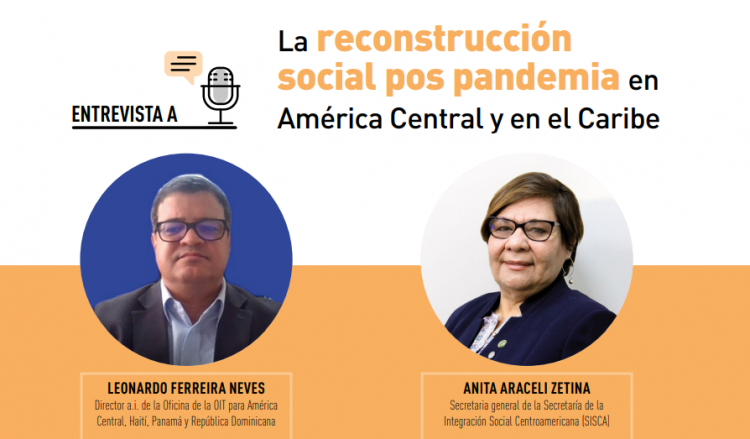Edith López, EUROsociAL + expert on gender and human rights, interviewed for Recíprocamente Dr. Nadine Gasman, president of Mexico’s INMUJERES (National Institute for Women), in order to find out what governments' gender agenda should be given the setback that has occurred in this matter as a result of the pandemic

EL: In the face of the “crisis of care”, which has been exacerbated by the COVID-19 pandemic in both Europe and Latin America, and which mainly relates to the work of women, in both the private and public spheres, what are or what should be the public policies to be implemented by INMUJERES and the Mexican Government, as a priority in order to seek joint responsibility for care in order to mitigate this crisis and recover from it?
NG: In the first place, it’s necessary to point out that the inequalities were there before the pandemic and that they affected women in all social spheres. The health and economic crisis caused by COVID-19 made those pre-existing inequalities more evident and has also created some new ones, by putting women in the first line of response and with the lockdown situation. From the beginning, the Government of Mexico has maintained a sensitive and transformative outlook, which recognises that our democracy is strengthened with the protection of rights and the inclusion of those who are most affected by poverty, discrimination and inequality. In response to the pandemic, in Mexico we are prioritising support for the 70% of households in which families are most vulnerable by means of a solidarity-based economic policy. We have strengthened and increased support programmes for the population, which directly affect the lives of women. In particular, in INMUJERES, as the guiding axis of the national gender equality policy, we work with a vision for equality that meshes with the feminist view and that focuses on reducing inequality gaps.
EL: “The other pandemic in the shadow”, violence against women and girls, has not stopped, and has even increased with the implementation of some health measures. What preventive measures has Mexico taken to reduce the risk of violence against women and girls?
NG: On the subject of violence, since the beginning of our administration we have worked on the development of cross-cutting strategies that touch the axes of care, prevention and punishment to eliminate violence against women. With the pandemic, we accelerated and strengthened coordination among Federal Government institutions and also with entities in each region. We committed ourselves to this and created the Driving Group for the National Strategy for the prevention of violence against women, girls, boys and adolescents. Before international organisations recommended it, one of the first actions was to declare shelters, care centres for women victims of violence, nurseries and child care centres as essential services, and to ensure the functioning of all ministerial, administrative and judicial services that deal with violence against women. The 911 emergency line was strengthened and established as the main point of entry for cases and contact for reporting, identifying, tracking down and caring for women and girls victims of violence. From INMUJERES we coordinate and implement training for 911 operators in matters of sexual diversity to respond to emergency calls with a gender perspective.
EL: Finally, COVID-19 opens an opportunity to build a “new normal”: gender equality and women’s rights are essential to overcome the pandemic. From your point of view, what are the criteria and areas of opportunity for ensuring equal participation of women in decision-making that help to provide an effective and adequate response to the differentiated needs of the population and the needs of women?
NG: In Mexico, women have waged a sustained struggle to achieve participation in decision-making on equal terms with men, which has led to far-reaching constitutional and legal reforms regarding parity, placing us at the forefront among democratic countries. At INMUJERES we work to promote the full participation of women in politics, in the economy, in all areas of life, because we are convinced that the “new normal” must be more supportive, fairer to women, more feminist, more local and more egalitarian. It is essential to incorporate all women in state and municipal decision-making; to remove the obstacles that women have to entering the formal labour market, with social security and equal pay; to strengthen the exercise of women’s sexual and reproductive rights, guaranteeing their autonomy to decide about their body, their health and their sexuality; to ensure a life free of violence for women and girls; to attack head on all forms of violence in the public and private sphere, femicide, sex trafficking and exploitation. All of this has to be achieved starting from the premise that there can be no peace without justice. We are also working on promoting actions to rethink the organisation of care with the participation of families, communities and the State to free up women’s time and to ensure that those who so wish can focus on productive or political activities, or simply make use of their time in the way that suits them best, since ultimately the possibility of freely deciding is a political act in itself. Twenty-five years after the adoption of the Beijing Platform for Action and on the eve of the Generation Equality Forum, the women’s agenda has the opportunity to find new answers to the structural problems that we have not yet managed to overcome.




